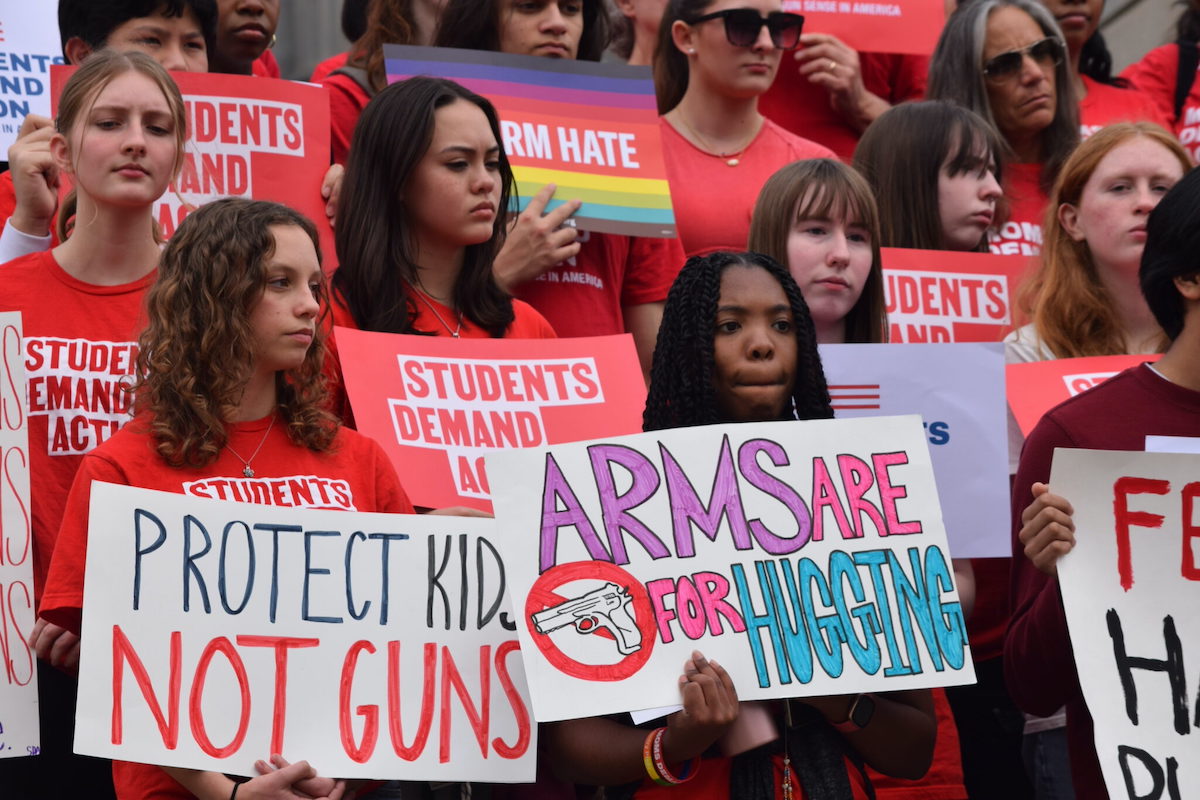By David Striebinger
At several school board meetings I have voted against the proposed sales tax for the school district. People have asked me why and there’s a long version and a short version of my answer.
Here’s the short version:
I am generally uncomfortable with the amount of due diligence the board has exercised on this and I’m uncomfortable with a 10-year obligation. I also don’t think we adequately explored alternatives. My prime issues with the proposal, however, are focused on the legitimacy of the need and the financing tool (sales tax).
The need: There is little doubt we are a fast growing county, especially south of the Broad, and we are going to have to figure out how to accommodate the increased population in our schools.
When I look at the project list, however, I see too many projects which don’t address that need. Expanded gymnasiums in north of the Broad schools, concession stands at middle school athletic fields and expanded performing arts centers are examples of expenses which do not have any impact on the enrollment growth problem. These are “nice to have” items that add many millions of dollars to the total tab.
I’m also leery of a 10-year projection of growth because I think the validity drops significantly as you go beyond four or five years. It would be better to have a series of two- or three-year plans that allow timely verification of assumptions underlying the projections and allow adjustment based on actual growth data.
As a note, the lead time needed for a new school is about two years. If we were a business, I’m fairly certain we’d go with this short interval approach because the closer you are to your data, the more efficient you can be with your dollars.
The financing tool: I’ve spent a good amount of time trying to determine if this proposal is the best alternative for the voters of Beaufort County and I can’t see that it is.
There is a projected reduction in school debt tax for all property owners but two-thirds of that goes to non-resident property owners (6-percenters.) This is due to the values and assessments of properties. The same ratio applies to a traditional referendum, 4 percenters pay about one third of the total.
Full-time residents will pay a lot more than one-third of the sales tax. Renters, of course, will really get slammed because they pay the 6 percent in their rent and they will be paying sales tax. It’s difficult to imagine their landlords will pass on the tax reduction by reducing rents.
Another “selling point” often mentioned is that it is estimated non-residents will pay about one-third of the sales tax. That equates to about $104 million of the total estimated collection over 10 years.
The flip side of that is that residents will pay the balance, $208 million. Compared to paying one-third of a traditional referendum, which is what 4-percenters pay, this doesn’t seem like a good trade-off.
One-third of the proposed need, with the fluff projects included, would only be about $72 million. Property taxes are also tax deductible, which lowers the out-of-pocket expense. So if you itemize, that $72 million is lowered by your tax bracket.
The school debt tax reduction, estimated at 42 percent, sounds very attractive, but it actually amounts to an estimated total of $75.6 million over the 10 years.
For voters in Beaufort County it doesn’t look like a good deal to pay $132.4 million instead of less than $72 million.
Of course, individual buying habits will determine what the equation is for each voter, but the money has to come from someone’s pocket and, in total, it doesn’t look good for residents and it looks terrible for renters. It does look like a really good deal for non-resident property owners who get the tax reduction but don’t contribute much to the sales tax.
We need to deal with enrollment growth. If that requires a tax, I’d vote for one that focuses on the problem, is efficient and is the least expensive for the voters. I didn’t vote yes on the current proposal because I don’t think it meets these criteria.
David Striebinger represents District 2 on the Beaufort County School District board of education.






